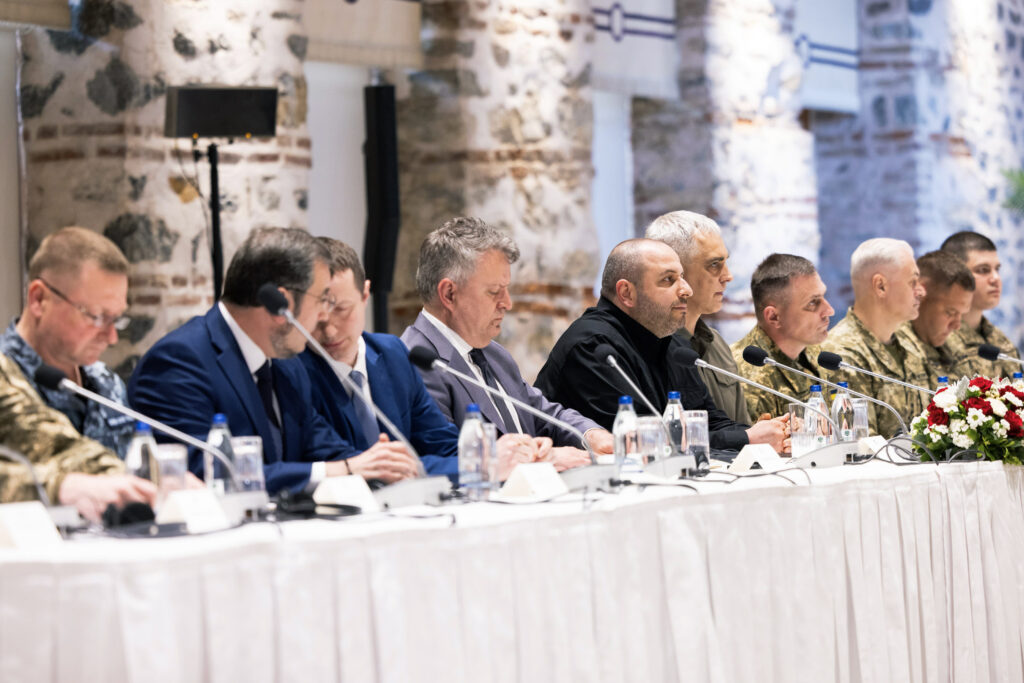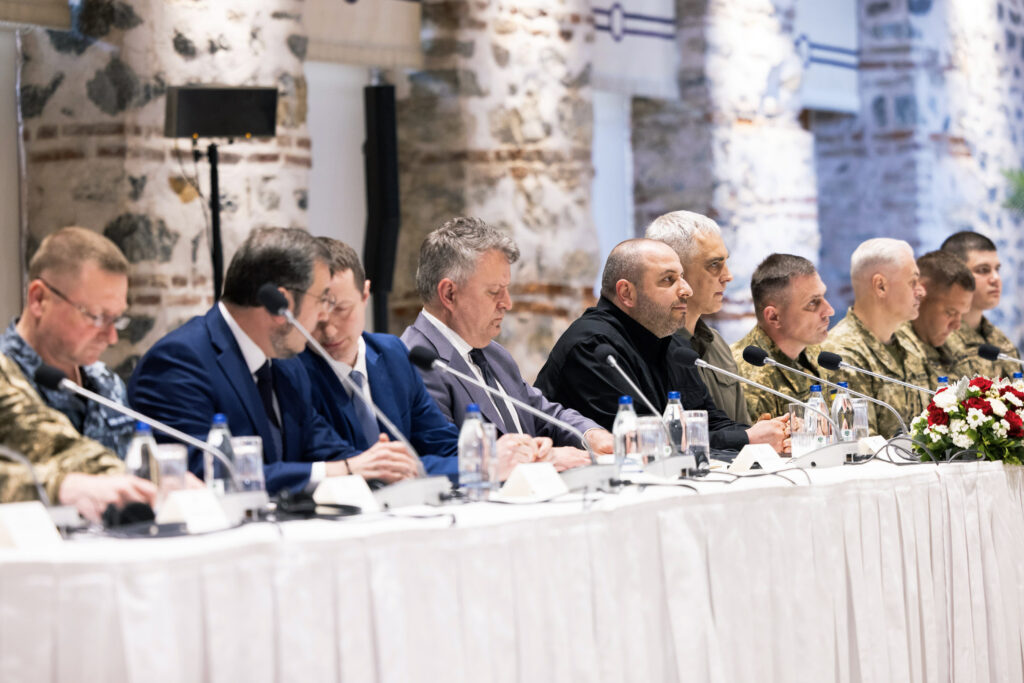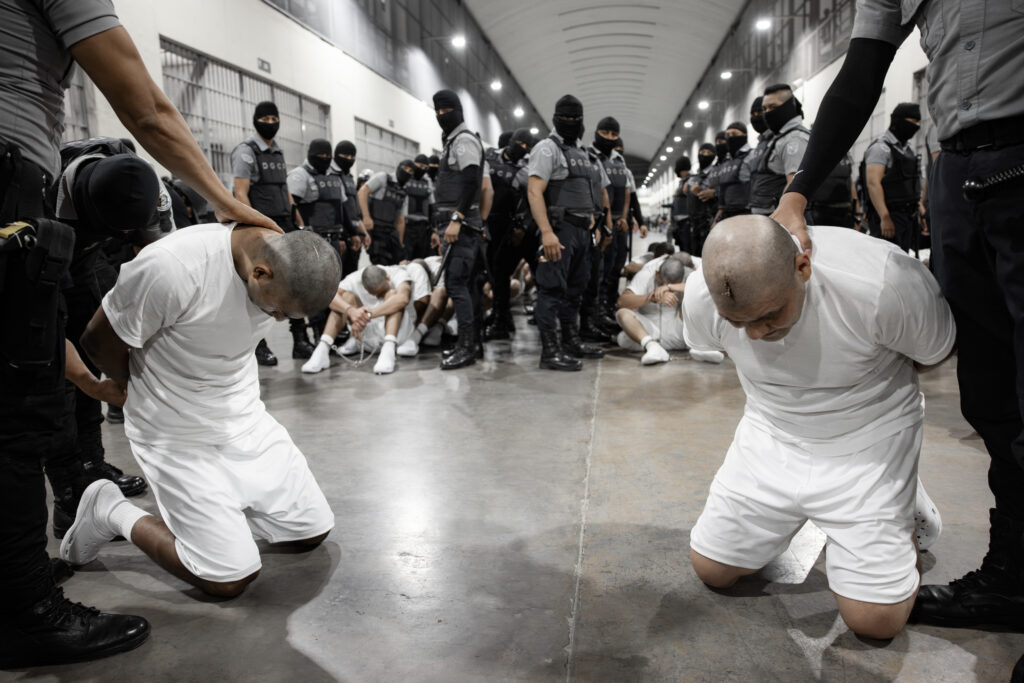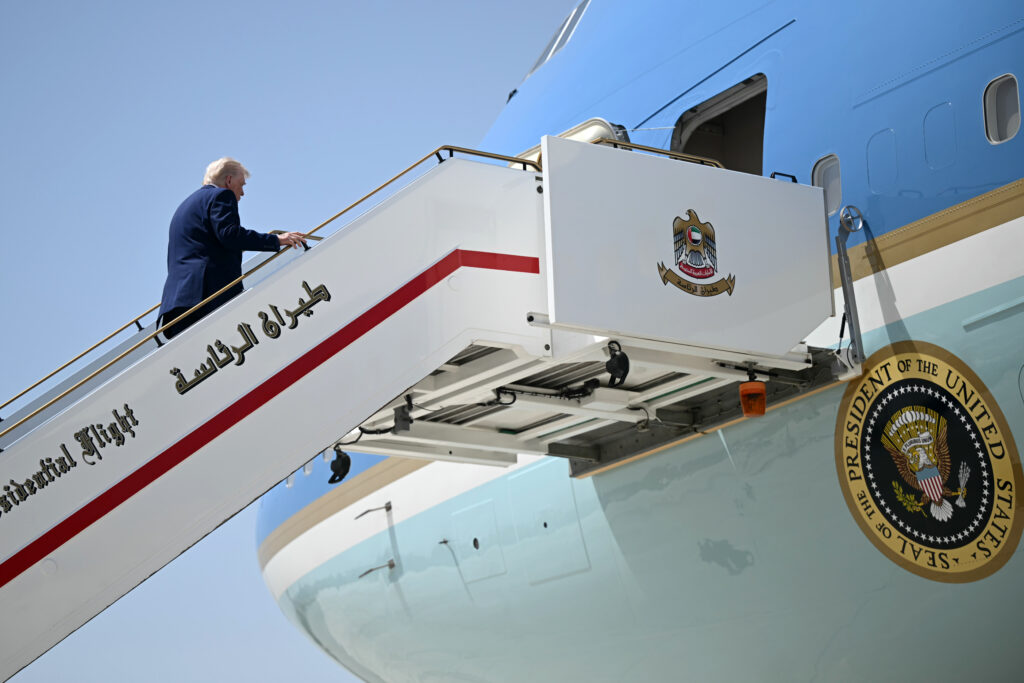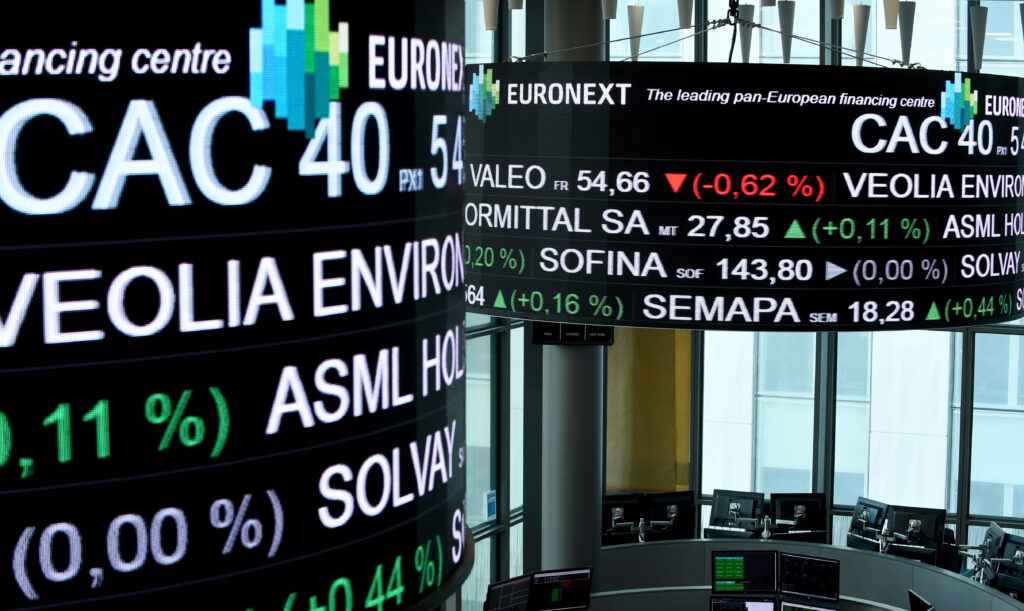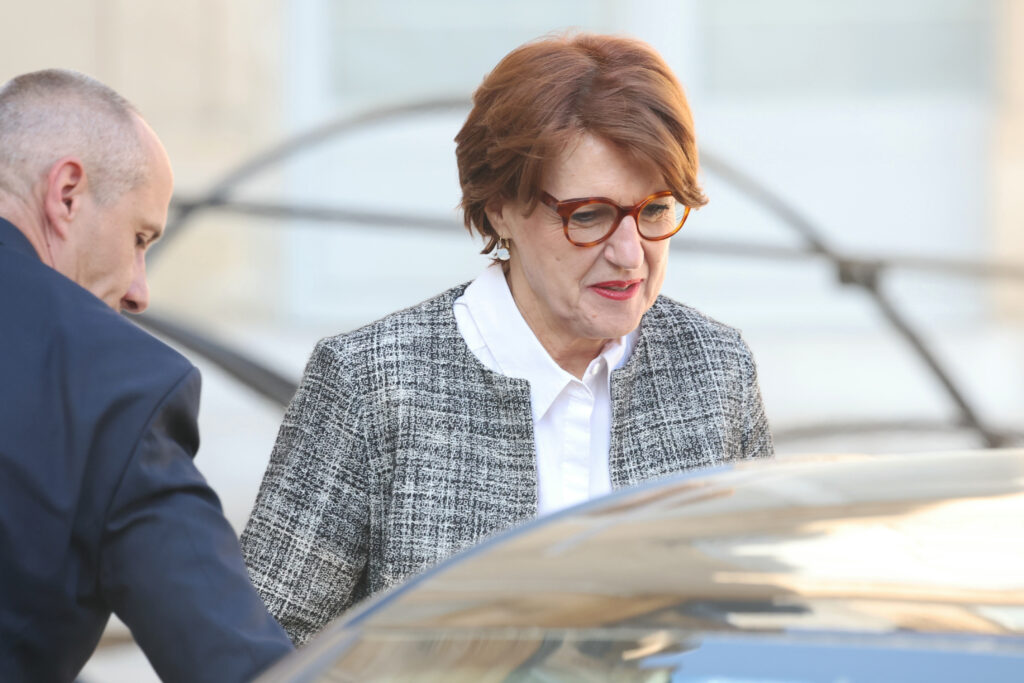Ukraine et Russie s’accordent sur un échange de prisonniers, pas sur une trêve
Réunis vendredi à Istanbul pour leurs premiers pourparlers de paix depuis le printemps 2022, Russes et Ukrainiens ont discuté d’une rencontre Zelensky-Poutine, se sont mis d’accord sur un échange important de prisonniers mais pas sur un cessez-le-feu, pourtant réclamé par Kiev, ne faisant ainsi que peu de progrès vers une résolution complète du conflit.Si le négociateur en chef russe Vladimir Medinski s’est dit “satisfait” et prêt “à poursuivre les contacts” avec l’Ukraine après ces pourparlers très attendus, la partie ukrainienne a, elle, accusé Moscou d’avoir formulé des demandes territoriales “inacceptables”.En l’absence des présidents Volodymyr Zelensky et Vladimir Poutine, qui a ordonné à son armée d’envahir l’Ukraine le 24 février 2022 et qui n’a pas fait le déplacement en Turquie, les espoirs de progrès substantiels étaient minces.Les deux délégations, menées par le ministre de la Défense côté ukrainien et par M. Medinski, un conseiller présidentiel de second plan, côté russe, ont échangé pendant environ 1H40, entourées des médiateurs turcs, au palais de Dolmabahçe. La rencontre s’est soldée sans annonce de cessez-le-feu, pourtant “la priorité” affichée par Kiev et ses alliés.Les deux camps doivent désormais “présenter” et “détailler” leur “vision” d’une telle trêve, a précisé le négociateur russe Vladimir Medinski lors d’une brève allocution à la presse.- Échange “massif” de prisonniers -Ukrainiens et Russes ont toutefois annoncé s’être mis d’accord pour un échange “massif” de prisonniers, comme l’a dit M. Medinski, “à raison de 1.000 contre 1.000”, “dans les prochains jours”. Cette “accord” a été salué par le chef de la délégation ukrainienne, Roustem Oumerov.MM. Oumerov et Medinski ont également précisé que la partie ukrainienne avait évoqué une éventuelle rencontre entre les présidents Volodymyr Zelensky et Vladimir Poutine –ce qui serait une première depuis le début de l’invasion russe–, le négociateur russe indiquant simplement que Moscou avait a “pris note de cette demande”. Cela doit être “la prochaine étape”, a martelé de son côté le négociateur ukrainien face à la presse lors d’une brève intervention.Vladimir Poutine avait pourtant refusé ces derniers jours de rencontrer son homologue ukrainien en Turquie, malgré l’offre de ce dernier après l’annonce du président russe de ces pourparlers directs.Côté ukrainien justement, une source diplomatique interrogée par l’AFP, a estimé que les négociateurs russes ont “présenté des demandes inacceptables qui vont au-delà de ce qui a été discuté avant la réunion”, dont le retrait des forces de Kiev de “vastes parties du territoire” ukrainien, avant l’instauration du cessez-le-feu réclamé par l’Ukraine et ses alliés.Face aux journalistes, Gueorgiï Tykhy, le porte-parole de la diplomatie ukrainienne, a assuré que l’équipe de Kiev avait toutefois su garder “son calme” lors des discussions.Le négociateur russe, Vladimir Medinski, avait au préalable indiqué que Moscou voulait discuter des “causes profondes” du conflit et considérait ces pourparlers comme “la suite” de ceux, avortés en 2022 et aux cours desquels les Russes avaient campé sur ces positions maximalistes, inacceptables pour Kiev et ses alliés.Les deux délégations sont parties du lieu de rencontre à Istanbul dans des vans noirs, selon un journaliste de l’AFP, et l’équipe ukrainienne quittera Istanbul “aujourd’hui”, a précisé une source en son sein.- “Réaction forte” -En déplacement en Albanie pour un sommet européen, le président ukrainien Volodymyr Zelensky a appelé ses alliés à “une réaction forte” et des “sanctions” contre Moscou en cas d’échec des discussions.Le chef de l’État français Emmanuel Macron a jugé “inacceptable” que la Russie n’ait pas répondu à l’appel de trêve, tandis que le le chancelier Friedrich Merz s’est félicité de la tenue même des négociations, un “premier signal, tout petit mais positif”.Les dirigeants ukrainien, allemand, français, britannique et polonais ont ensuite échangé au téléphone avec le président américain Donald Trump, qui pousse pour un arrêt des combats.Car dans cet intense ballet diplomatique, le locataire de la Maison Blanche avait assuré la veille être prêt à rencontrer M. Poutine “dès qu’il sera possible d’organiser” un sommet, sans quoi “rien ne se passera” concernant le règlement du conflit.Une telle rencontre est “certainement nécessaire”, a acquiescé vendredi le Kremlin.Le week-end dernier, Vladimir Poutine avait surpris en proposant des négociations directes. Mais, mis au défi par Volodymyr Zelensky de se rendre à Istanbul pour négocier avec lui, le président russe n’a pas fait le déplacement.Les Européens et Kiev avaient réclamé un cessez-le-feu préalable avant toute discussion entre Kiev et Moscou. Une demande rejetée par M. Poutine, au motif qu’une trêve prolongée permettrait à l’armée ukrainienne de se renforcer en recevant des armes occidentales, alors que les soldats russes ont l’avantage sur le front et occupent toujours près des 20% du territoire ukrainien.bur-ant-rbj-pop/
